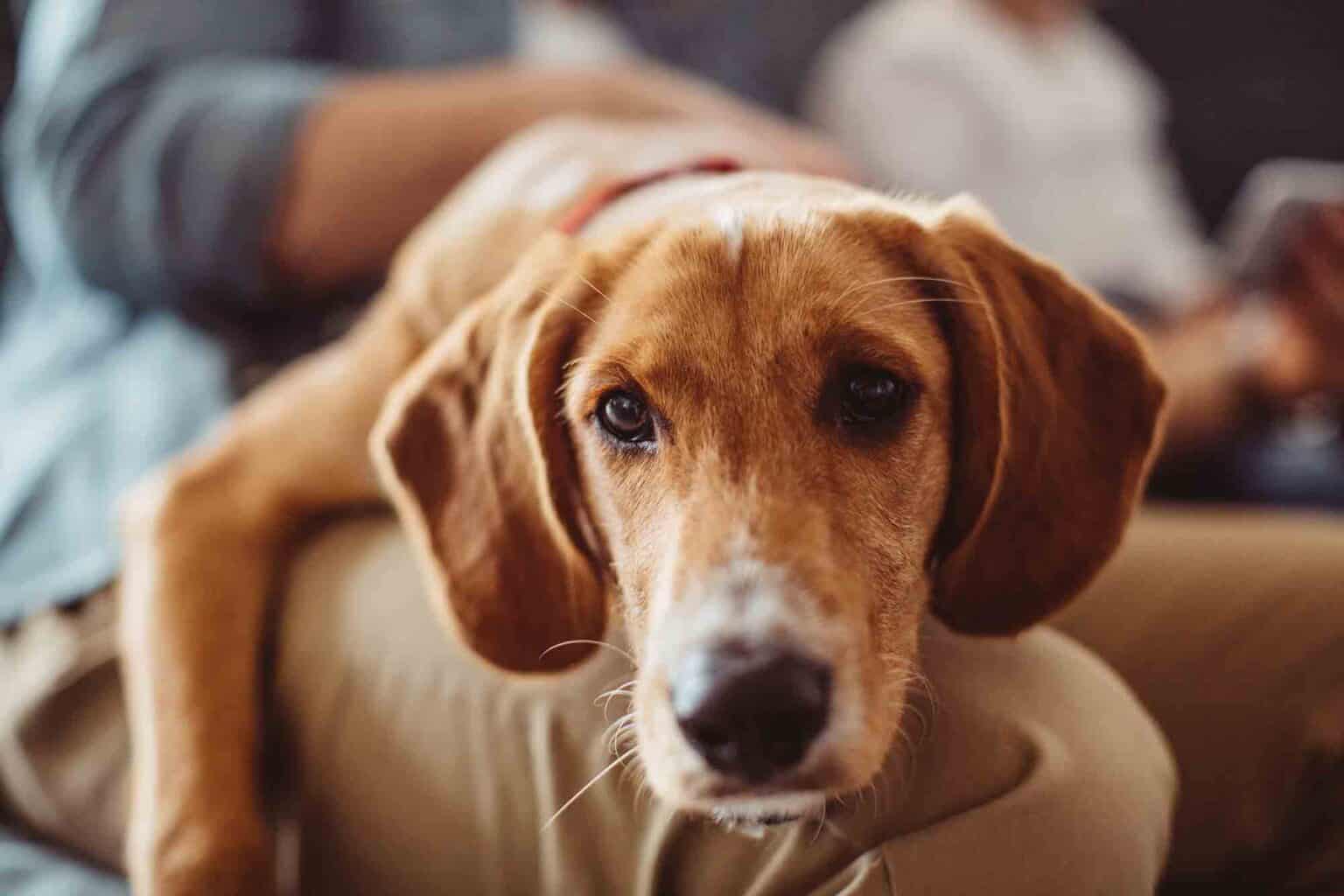Better with Age: Caring for Senior Pets
 Thanks to significant advances in the field of veterinary medicine, along with a greater understanding of generalized pet care, our pets are living longer lives than ever before. Although senior pets may act and look the same as they did when they were young, the reality is that certain changes are inevitable during the aging process.
Thanks to significant advances in the field of veterinary medicine, along with a greater understanding of generalized pet care, our pets are living longer lives than ever before. Although senior pets may act and look the same as they did when they were young, the reality is that certain changes are inevitable during the aging process.
We know that making your pet’s life as wonderful as possible during their golden years is your top priority. With extra attention paid to the areas of diet, exercise, comfort, and mobility, you can ensure that your best pal is happy and healthy, and enjoying the best years of their life!
Senior Pets 101
Much like older humans, senior pets are at increased risk for a variety of health conditions, including:
- Arthritis
- Diabetes
- Heart conditions
- Cancer
- Dental disease
- Intestinal troubles
- Hearing loss
- Cognitive problems
In an effort to detect and deal with any problems as early as possible, we recommend that older pets are seen by their veterinarian twice yearly (or more, as needed) for wellness exams, dental care, and lab work.
Special Nutrition for Special Pets
A pet’s metabolism and nutritional needs can change as they age, making it easier to gain weight. Many seniors do well on a diet that’s lower in calories, yet higher in protein and other essential nutrients. Your veterinarian will work with you to determine the right nutrition plan for your pet.
Keep Them Moving
Just because a pet is getting older doesn’t mean their need for exercise is any less important than when they were young. Regular exercise keeps joints and muscles limber, helps to maintain a healthy weight, and reduces depression and anxiety. Exercise for a senior pet can be as simple as short walks and/or a light game of ball toss.
Cozy Comfort
There are a variety of products on the market tailored to supporting older pets with mobility issues, including raised beds, orthopedic/heated beds, ramps, stairs, and more.
It’s also important to remember that senior pets are more susceptible to temperature and humidity extremes than their younger peers, and should be protected from very cold or hot weather. Make sure pets have access to plenty of shade and fresh water during the summer months, and that they stay indoors during the winter.
We Love Senior Pets!
At BEEVET, we strive to do all we can to support you and your pet throughout each phase of life. Please let us know how we can make life more comfortable for your senior pet.
